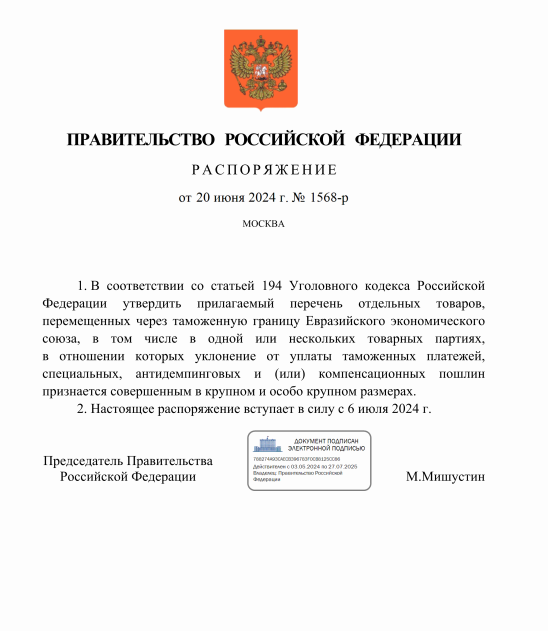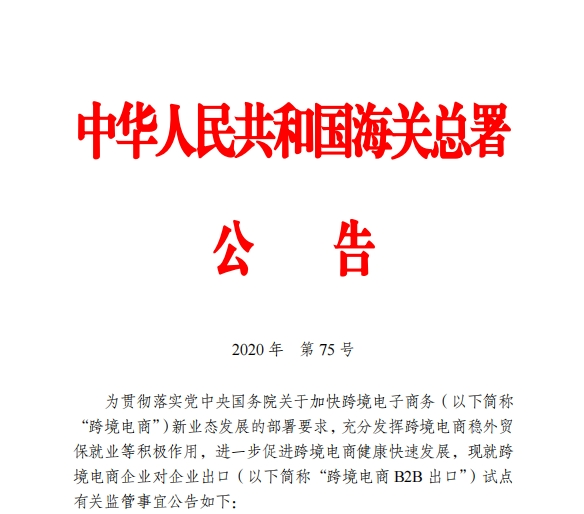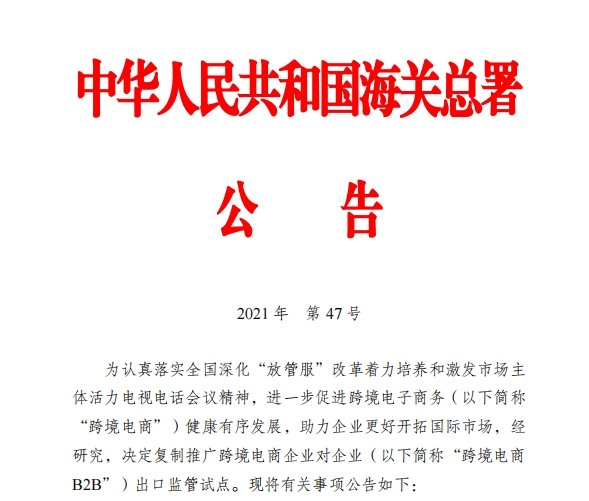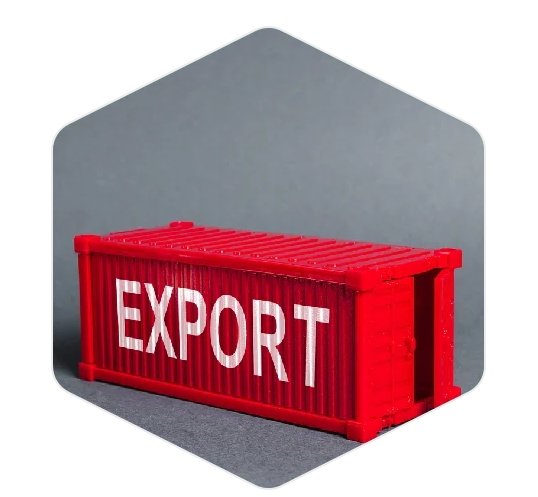Company A is a Chinese electronics manufacturer, primarily exporting smartphones and accessories to the Russian market. What should Company A do when a batch of its smartphones is seized by Russian customs?
Reasons for Seizure and Solutions
1. Required Certification Documents: the Company A’s goods are seized because they lack certification documents that comply with Russian standards, the company should proactively contact customs and promptly obtain and submit the certificate of origin, product quality certification, and certification documents from the Federal Agency on Technical Regulating and Metrology (Rostest). Therefore, companies should inspect their products before shipping to ensure they meet Russian import standards and regulations, and verify if there are any issues related to quality, safety, or labeling, such as the GOST R mark.

2. Incomplete Documents: If the documentation is incomplete or unclear, the goods may be seized. Therefore, companies need to verify all import and export documents, including invoices, bills of lading, packing lists, certificates of origin, and certificates of conformity, to ensure they are complete, accurate, and consistent.
3. Under-Value declared Goods: This situation generally arises when customs suspects tax evasion. Recently, customs inspections have increased, and on June 20, 2024, the Russian government issued Decree No. 1568, which lists certain goods transported across the customs borders of the Eurasian Economic Union, recognizing large-scale and particularly large-scale tax evasion as criminal behavior. Customs authorities will pay special attention to the correct calculation of the customs value of goods, including whether royalties and dividends have been considered.





